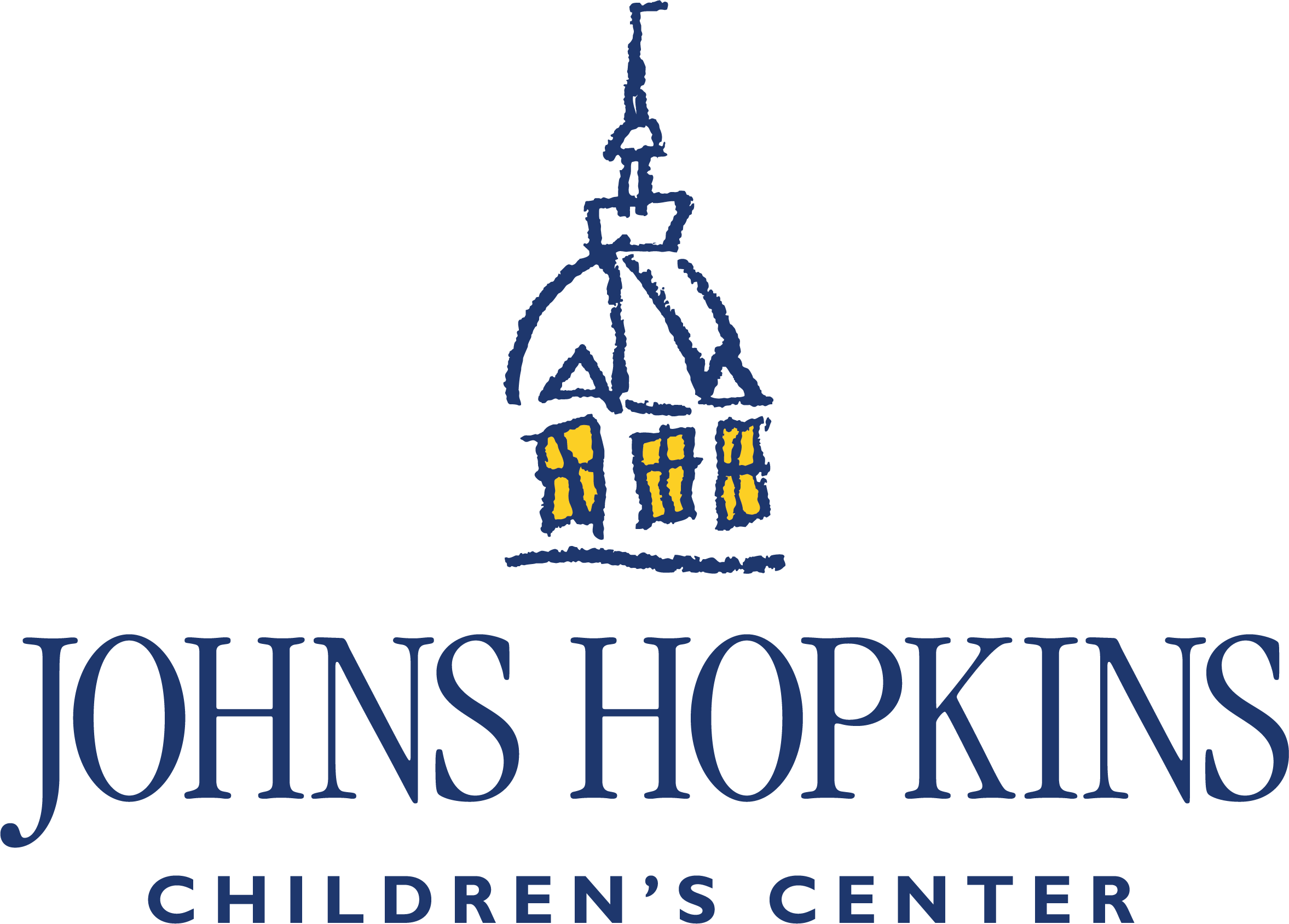Clinical Science Training Program – Pediatric Pulmonary Medicine
The main objective of the Clinical Science Training Program is to train academic pediatric pulmonologists, who will embark on independent scientific careers. Clinical Science fellows complete two distinct types of projects during their research-training period. The first project uses existing data collected or available through a mentor (e.g., collected clinical trial or cohort data) or publicly available data, such as from Medicare/Medicaid, the Nationwide Inpatient Sample or the Medical Expenditure Panel Survey. The purpose of completing at least one project using existing data is for the fellow to learn data analysis skills and receive supervised instruction on interpretation of data, and presentation of data (including oral and written presentations). The use of existing data assures the feasibility of completing at least one project during the research fellowship. This is because fellows will be able to choose data that are more extensive and often employ a larger sample size than is feasible to collect de novo during the relatively short training period.
Fellows are also expected to develop a project of modest scope that includes generation of new data. This project will include all aspects of study planning and design, including the conception of the research hypothesis, development of a research protocol, development of data collection forms, development of a data collection strategy, development of databases, data entry, data analysis, as well as interpretation and presentation of findings. These studies are invaluable in providing first-hand experience in identifying factors that compromise the completion of projects. Fellows are also expected to submit, on average, two peer-reviewed manuscripts for publication.
Primary Mentor
Clinical Science fellows select a primary mentor from inside or outside of the division to help them with their research training. Fellows are also encouraged to identify secondary mentors, particularly if they provide expertise in an area that complements the primary mentor. Examples of these complementary skills include data-mining methodologies (i.e., biostatistical skills, experience with Medicare data, etc.) and nonpulmonary medicine (clinical expertise, neuromuscular disease).
Clinical Mentor
Each fellow is assigned a clinical mentor by the program director. The charge of this mentor is to help the fellow develop requisite clinical skills in a subspecialty area of pediatric pulmonary medicine (such as cystic fibrosis, asthma or lung transplantation). The program director receives a report provided by the clinical mentor and takes actions appropriate to promote success.
Clinical Training
Each Clinical Science fellow has a total of 12 months of clinical time. Clinical time is divided over the three years, but is more heavily concentrated in the first year. In addition to inpatient service, clinical time includes learning the principles and interpretation of pulmonary function testing and polysomnography and participation in pulmonary, cystic fibrosis or sleep apnea clinic sessions each week and the night and weekend call schedule.
Clinical experience will be acquired in a variety of settings, including:
- Primary management of inpatients with lung diseases, such as cystic fibrosis, bronchopulmonary dysplasia, asthma, dysphagia and aspiration, congenital malformations of the respiratory tract and disorders of ventilatory control
- Consultation on inpatients and outpatients, including patients in the neonatal and pediatric intensive care units and oncology unit
- Experience in the pulmonary rehabilitation program at Mt. Washington Pediatric Hospital with an emphasis on rehabilitative and long-term care, including long-term and home mechanical ventilation
- Pediatric pulmonary clinics: Fellows attend one clinic session per week throughout the three years of fellowship. Clinics include the cystic fibrosis clinic, sleep and control of breathing disorders clinic and general pulmonary clinic. Fellows receive a broad exposure to pulmonary problems and have a continuity care experience. The population followed in the outpatient setting includes patients with cystic fibrosis, asthma, aspiration syndromes, bronchopulmonary dysplasia BPD, apnea, disorders of respiratory control and upper airway problems, as well as a wide variety of unusual pulmonary diseases. Fellows are also involved with the preoperative evaluation and postoperative management of children undergoing lung transplantation.
- Intensive experience is provided in the pulmonary function, exercise and sleep laboratories. Fellows are assigned on a rotating basis to interpret these studies.
- Rotation on the night and weekend call schedule for the Pediatric Pulmonary Service
- Fiberoptic flexible bronchoscopy, including bronchoalveolar lavage and transbronchial biopsies in infants, children and adolescents. The division performs approximately 200 procedures per year.
- Electives are available through the departments of Anesthesia and Critical Care and with other consultation services.
Conferences, Seminars, Scientific Meetings and Additional Courses
At our weekly research seminar, faculty, visiting faculty or fellows nearing completion of training present research results in a formal fashion, and constructive criticism and exchange with the audience is encouraged. In addition, to enhance the training experience, each postdoctoral fellow is encouraged to attend conferences given by the Department of Pediatrics, including grand rounds and seminars, and is given the opportunity to participate in additional courses offered through the School of Medicine and the Bloomberg School of Public Health in related basic science areas.
Attendance at one national scientific meeting per year is mandatory (e.g., American Thoracic Society or Cystic Fibrosis Foundation). In addition, each research fellow is expected to make two presentations of their research over the three-year training period at a national scientific meeting. In preparation for these meetings and presentations, program-wide rehearsal sessions are held, in which the fellow presents his/her talk or poster for constructive criticism. At the meeting itself, fellows present and defend their work, become acquainted with other workers and ideas in their field of interest and increase their general knowledge base.

